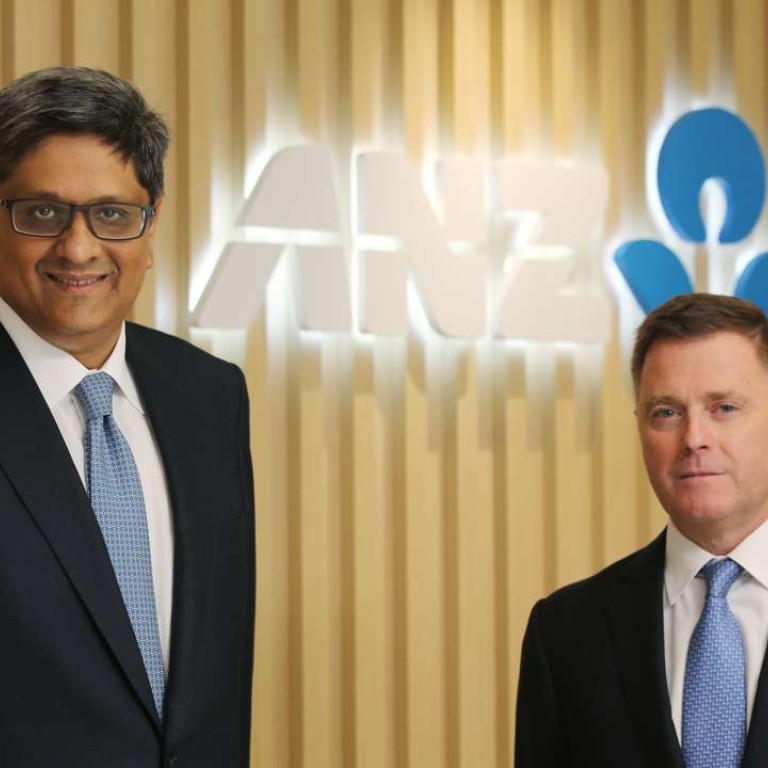
ANZ cautious of ‘further disruption’ to regional trade amid political tensions
Regional trade tensions will not have too much of an effect on ANZ, despite the bank’s renewed focus on serving large corporates operating in Asia, according to the bank’s head of institutional business.
Last year, Australia’s largest bank announced a new Asian strategy of focussing on providing banking services to large institutions doing business across Asia Pacific, while substantially rolling back its retail and wealth operations in the region.
Then along came President Donald Trump with talk of currency manipulators, tariffs and trade wars, and the end of the Trans-Pacific Partnership (TPP).
“There has been a slowdown in trade already, and you’ve got to take into your thinking that there might be further disruption,” said Mark Whelan, group executive for institutional at ANZ.
“Yes there will be tensions. Will these tensions affect Australia and New Zealand, and our business? Yes to a degree, but 50 per cent of Australia’s trade is with China, South Korea and Japan, and when you add in the rest of the region, that figure gets to 83 per cent, so I think it is important to take a step back and not get too hysterical,” said Whelan.
Regional Comprehensive Economic Partnership
“The Regional Comprehensive Economic Partnership (RCEP) and bilateral trade agreements will also step up,” he added.
Some observers have suggested that the collapse of the TPP has left China with an opportunity to push its own programmes for boosting regional trade, including the RCEP, and the “One Belt, One Road” initiative.
“The belt and road scheme is still playing out and its too early for us to say what our involvement will be, but our view is that we have clients in many of those countries and we will support our clients in areas where it makes sense for us to add value,” said Farhan Faruqui, head of ANZ’s international institutional business based in Hong Kong.
ANZ’s renewed focus on institutional banking in Asia marks a turnaround from the period following the global financial crisis in which it expanded significantly in the region under the bank’s then chief executive Mike Smith.
Also last year, ANZ sold its 20 per cent stake in Shanghai Rural Commercial Bank. The bank has indicated that it is also looking to sell its stake in Bank of Tianjin, as well as its interests in P.T. Bank Pan Indonesia and Malaysian bank AMMB Holdings.
“After the global financial crisis there were regulatory changes and changes in competition, and our ability to get to decent return on equity out of retail and wealth in Asia was very difficult,” said Whelan, referring to the important measure of a bank’s performance.
“Our strategy is a little bit back to the future; it is not that different from what we were doing here 10 years ago,” said Whelan. “We don’t want to be a big player in mergers and acquisitions or equities, so we aren’t competing with the big banks in this area, and we aren’t trying to be a great African or South American Bank.”
“We want to provide our clients with five key products,” he said, referring to loans, debt capital markets, trade, cash management, and foreign exchange and rates.
“That’s our business, and we do it in sectors and markets that make sense for us. It’s all about focus,” said Faruqui.
ANZ was ranked jointly fourth, alongside DBS, for market penetration in corporate banking in 2016 in Asia, trailing HSBC, Standard Chartered and Citi, according to Greenwich Associates.

